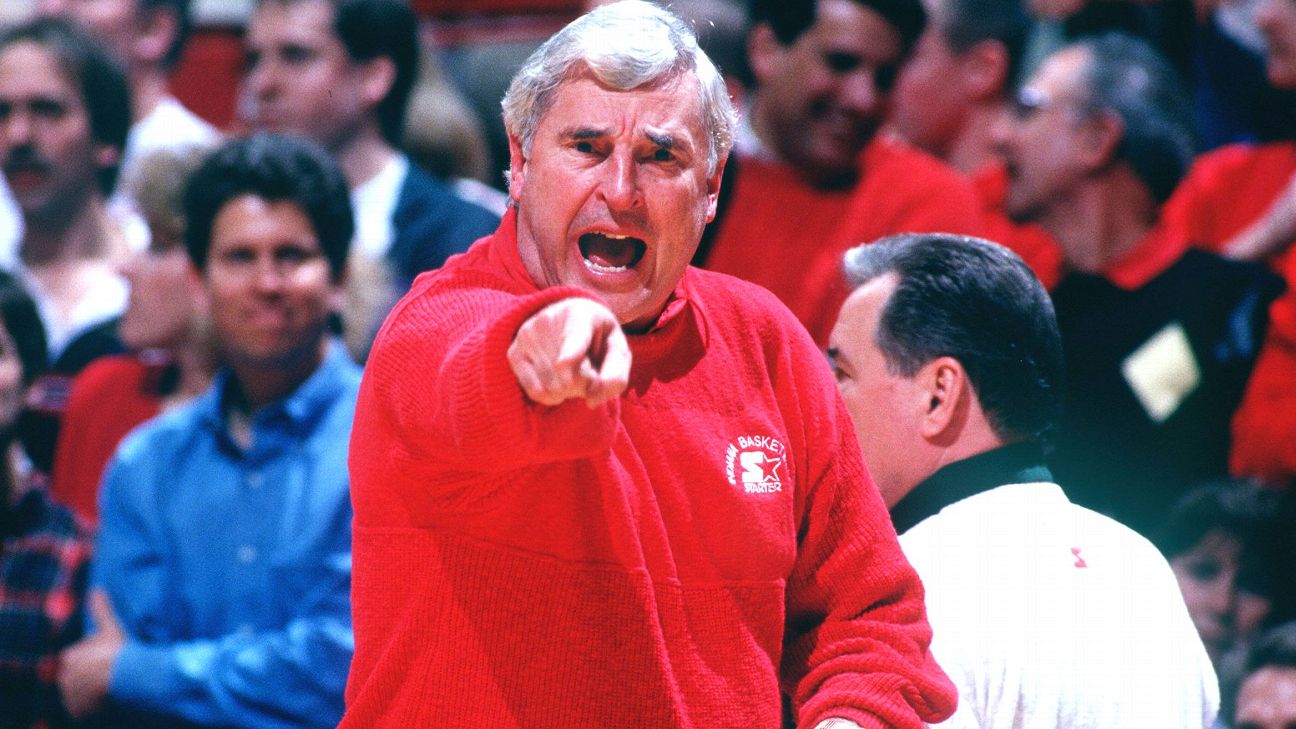John 7:1-13
The great theologian Michael Scott once said, "Would I rather be feared or loved? Um... easy, both. I want people to be afraid of how much they love me."
This always makes me chuckle because it rings so true.
What kind of leader is a good leader? The one who casts fear in their followers or the one that creates love? I think we would say the latter, yet so much of what we see in our institutions is the former. It's as if we don't really believe that it's possible to lead from a place of love or humility.
I think one way to think about humility is to think of it as the application of love from a position of power.
What do you think? How would you define humility in the context of leadership?
This morning I read this story,
Later Jesus was going about his business in Galilee. He didn't want to travel in Judea because the Jews there were looking for a chance to kill him. It was near the time of Tabernacles, a feast observed annually by the Jews.
His brothers said, "Why don't you leave here and go up to the Feast so your disciples can get a good look at the works you do? No one who intends to be publicly known does everything behind the scenes. If you're serious about what you are doing, come out in the open and show the world." His brothers were pushing him like this because they didn't believe in him either.
Jesus came back at them, "Don't crowd me. This isn't my time. It's your time—it's always your time; you have nothing to lose. The world has nothing against you, but it's up in arms against me. It's against me because I expose the evil behind its pretensions. You go ahead, go up to the Feast. Don't wait for me. I'm not ready. It's not the right time for me."
He said this and stayed on in Galilee. But later, after his family had gone up to the Feast, he also went. But he kept out of the way, careful not to draw attention to himself. The Jews were already out looking for him, asking around, "Where is that man?"
There was a lot of contentious talk about him circulating through the crowds. Some were saying, "He's a good man." But others said, "Not so. He's selling snake oil." This kind of talk went on in guarded whispers because of the intimidating Jewish leaders.
John 7:1-13, The Message
Jesus chose humility. His brothers wanted him to go do something big and public. Their assumption was that Jesus was all about becoming a public person. But, that wasn't it at all. Jesus had a specific purpose and calling. This calling demanded humility, love applied from power.
As I grow older the greatest miracle that I think Jesus ever did was being born into the human frame. The dual nature of Christ, both God and Man, is something that is beyond remarkable and we don't think deeply about it. It is a mystery of mysteries. Yet, it is where these two natures meet that we can find and know the true humility of Christ.
Everything that Jesus did was the application of love from a position of divine power.
This is in stark contrast to the religious leaders of his day. How did they move through the crowds? They did so through intimidation. Or as the NIV puts it, by fear.
Elsewhere in the ancient text we come across this line, "Perfect love casts out fear. (1 John 4:18)"
The application of love from the position of divine power drives out fear! Christ moved through the crowds in humility, the religious leaders did so through intimidation.
As I think about what it means to be a leader I think we need to intentionally follow the way of Jesus. Whether we are leading as parents, in business, in athletics, in school, in the church, or in any other social setting, our goal should be the application of love from the position of power.
Humility or fear? One is really hard. One is really easy. Which do you choose?










